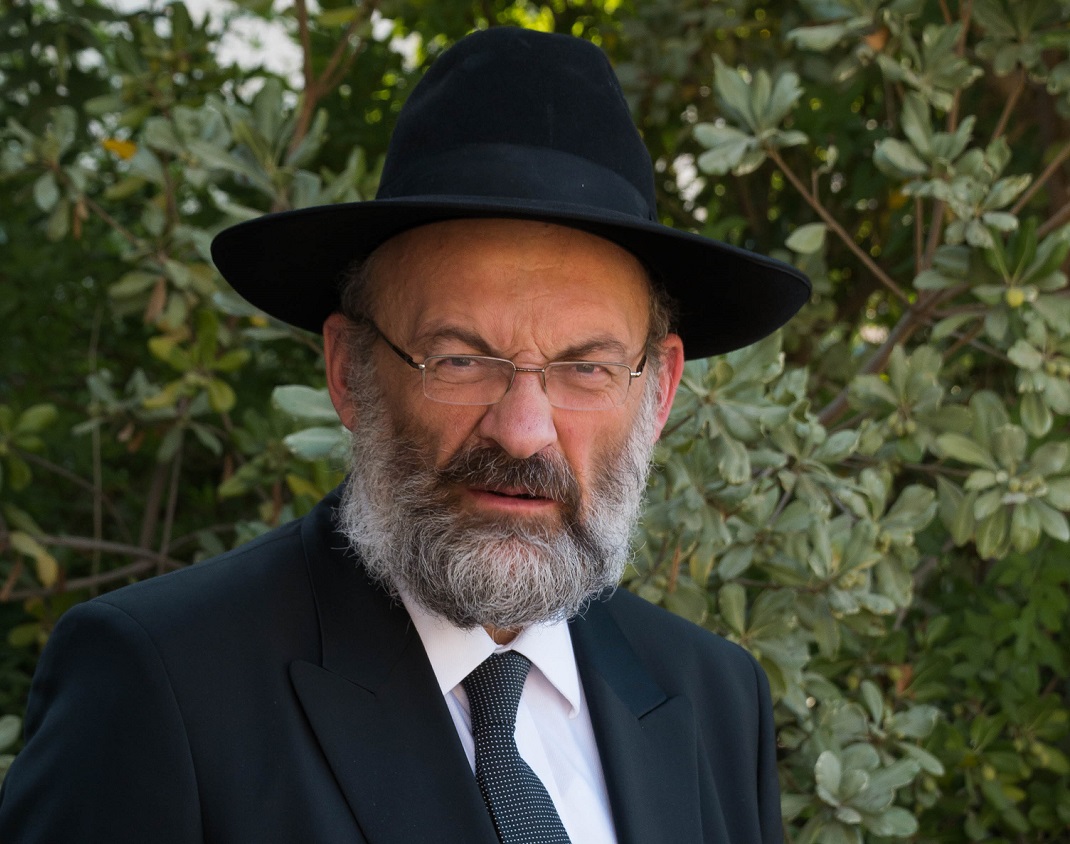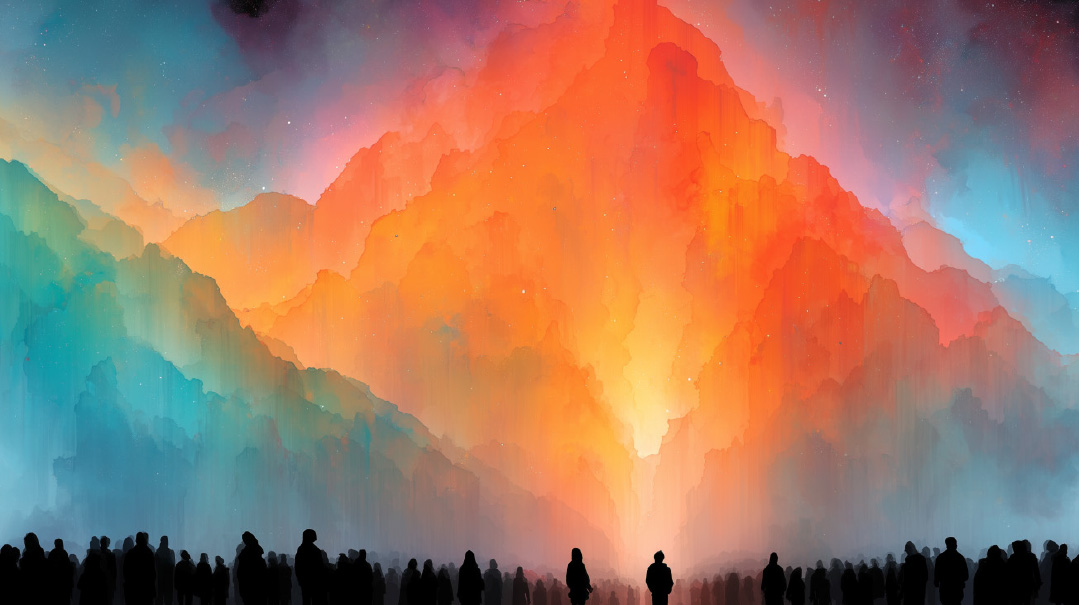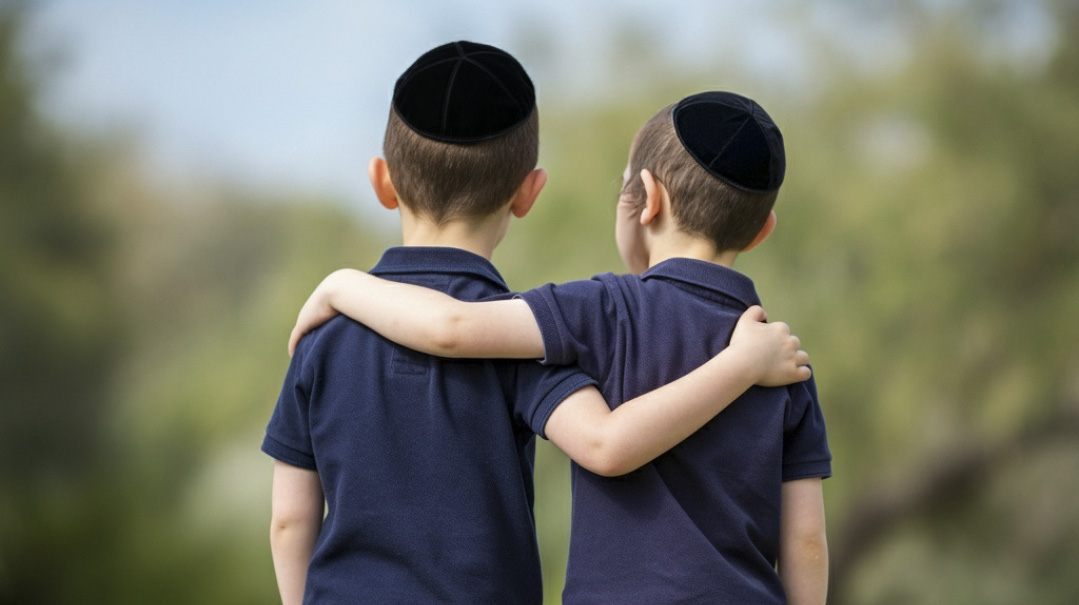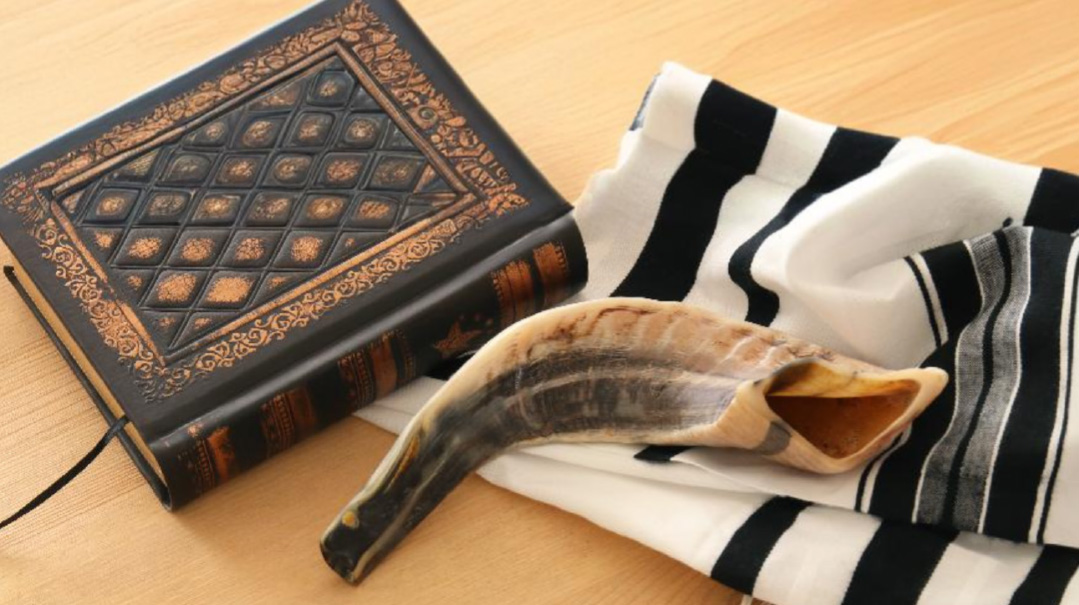Rewriting the Story

To prepare for Rosh Hashanah, we have to learn to look deeper at our actions and see the story that emerges from them
The month of Elul is a priceless treasure. Hashem gave us this month to prepare ourselves for a favorable judgment on Rosh Hashanah. But we have one problem. We don’t know how. Make a list of our aveiros and try to force ourselves to feel contrite? Take on a praiseworthy practice like accepting Shabbos early, or bentshing from a siddur? We don’t really know what to do.
If we want to know how to prepare ourselves for Rosh Hashanah, we first have to understand what the judgment of the day is all about. Ultimately, after a person’s lifetime, he will be judged for everything he ever did, said, or thought. We have to keep that in mind our whole lives.
But that’s not what the judgment of Rosh Hashanah is about. Rosh Hashanah is called Yom Hazikaron, the day of remembrance. What does Hashem “remember” on Rosh Hashanah? He already knows everything we ever did, and needs no reminders. As we say in the Rosh Hashanah davening: “There is no forgetting before the throne of Your glory.”
What Hashem remembers on Rosh Hashanah isn’t the facts: what we did, said, or thought in the past year. He calls up the grand portrait that emerges from all those details: the story of our lives.
The story of our lives isn’t just the sum of all our mitzvos and aveiros. It’s the picture that emerges from a deeper examination of our actions. Every action, positive or negative, contains a lot more depth than meets the eye. It reveals aspects of our personality, spiritual kochos and tendencies. And the story that emerges is the extent to which we’re using those kochos to increase Hashem’s glory and bring the world toward its purpose.
That’s what it means that Hashem remembers. Remembering doesn’t just mean recalling facts. When we remember a past experience, we don’t just recall a photograph of the event. That’s not how memory works. Our memory conjures up all the personal or emotional significance we attach to the experience. We evoke the joy, the fear, or the embarrassment we attribute to the event. What we remember isn’t just the event itself, but its deeper meaning.
We call Rosh Hashanah the day of remembrance, because what Hashem remembers on Rosh Hashanah is the focus of the judgment. We say in the Mussaf prayers: “For the remembrance of every creature comes before You, the acts of a person and his role, and the story of a person’s footsteps.” The judgment of Rosh Hashanah is about the story that emerges from our lives in the past year.
On Rosh Hashanah, Hashem doesn’t just judge us based on our actions themselves; rather, He examines the story that emerges from them: to what degree we’re using all the aspects of our personality and our spiritual strengths to serve Him.
That’s where the real fear of judgment lies. Sometimes we have difficulty fearing the judgment of Rosh Hashanah. Sure, we have our faults, but on the other hand we do a lot of mitzvos. So for many of us, fear of the judgment is limited to Unesaneh Tokef, when we contemplate all the terrible things we hope won’t happen to us.
But now that we understand what the judgment of Rosh Hashanah is about, we all have reason to fear. Baruch Hashem, we’ve racked up a lot of mitzvah points, and we may be out of the red. But are we using all our kochos to bring glory to Hashem? We’ve done a lot of positive actions. But is the story behind our actions congruent with Hashem’s plan for us, and the world?
To prepare for Rosh Hashanah, we have to learn to look deeper at our actions and see the story that emerges from them. That story is often different from the picture that forms if we just look at the actions themselves, just as a memory is different from a photograph of an event. An action that we find negative might actually reveal a deeply rooted spiritual koach we can employ for avodas Hashem. And an act that seems laudable might in fact reveal the area we need to work on the most.
Most people who made a positive change in their lives relate to their past as an unpleasant stain they need to remove, or at least ignore. To them, teshuvah is a chance to erase the past and start fresh. But that approach throws the baby out with the bathwater. They turn a blind eye to the significant aspects of their personality and spiritual kochos they could use in their avodas Hashem. Their personality is lobotomized, and their avodas Hashem is deprived of tremendous kochos that lie behind those regrettable actions.
People make that mistake because they only view the dry actions, which are negative. But the story behind those actions has a positive side — the constructive kochos they reveal.
A baal teshuvah recently consulted with me about his lack of connection to learning. In my efforts to help him find a point of connection, I asked him if he had any hobbies. He said no. I asked if he had hobbies in the past, and he said yes, but he was embarrassed and reluctant to elaborate. He told me his hobby was trivial and childish. When I pressed him, he told me he used to love reading novels over and over. He would sometimes read a favorite book ten times in a row.
He only saw the dry action of reading novels, which he now perceived as a waste of time. But had he seen the story that emerged from that action, he’d see a tremendous ability to find meaning and excitement in going over already familiar content. That embarrassing hobby he had tried to forget actually revealed the koach he could use to connect to learning.
The converse is also true: The actions we are most proud of may actually reveal our weaknesses. A person might think his greatest strength is chesed. He goes to incredible measures to help others. He selflessly aids sick people in ways others find repulsive or demeaning. A bona fide baal chesed. That’s what you see if you look at the dry actions. But if that person examines the story behind his actions, he might find that his humility is really pride; his chesed is really driven by the selfish desire to win the praise and approval of others.
Like the judgment of Rosh Hashanah, the path to teshuvah doesn’t end with dry actions. To effect deep personal change, it’s not enough to carry out positive actions. We have to change our story.
For example, if you want to work on hasmadah, the objective won’t be the simple action of learning extra hours. That’s indeed an act of hasmadah, but it doesn’t necessarily change your story. Why weren’t you a masmid till now? Was it because you were overly curious about matters that aren’t relevant to your life — news, politics, or sports? If so, curiosity is what you need to work on. Maybe you need to work on concentration, or laziness. Two people’s actions might be similar, but tell totally different stories.
This approach to teshuvah is demanding. But teshuvah means personal change, not just doing more mitzvos. Let’s live up to the challenge. This Elul, let’s look deeper and try to find the story behind our actions. Then, for the first time, we can finally rewrite it.
Prepared for print by Rabbi Eran Feintuch
(Originally featured in Mishpacha, Issue 926.
Oops! We could not locate your form.







